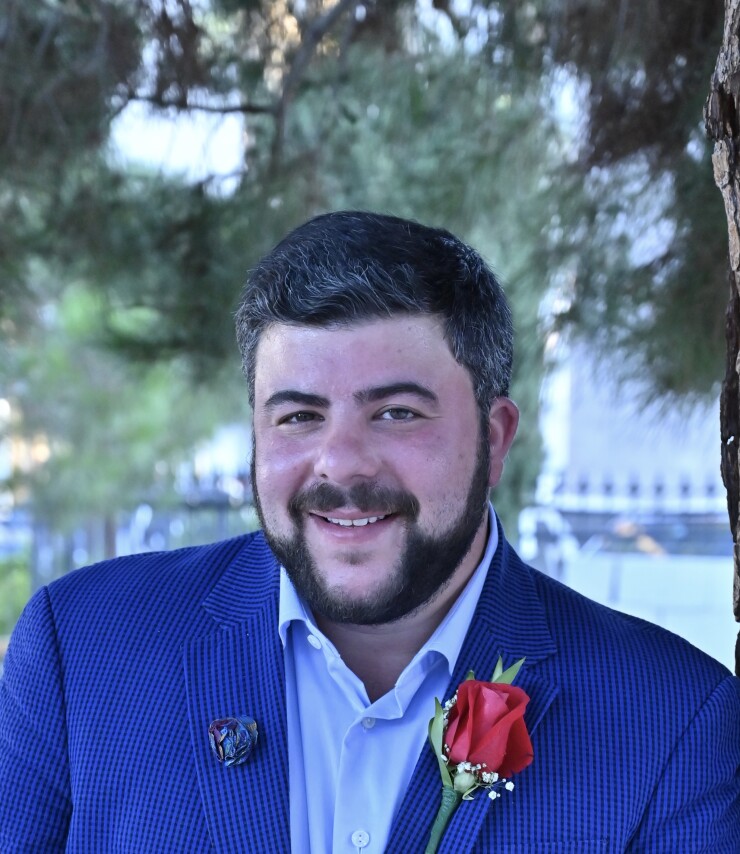There is a new banking app for people with criminal backgrounds who are rebuilding their financial lives.
Frsh, an online employment and financial services platform, launched its app to the public in early October, following several months in beta. The current version includes a no-fee spending account and debit card, with automated savings and credit-building in the works. It focuses on people with felony convictions.

"I am justice-impacted myself," Danny Feldman, CEO and founder of Frsh, said in an interview. "The most difficult part of my journey has always been establishing meaningful banking relationships. Banks are hesitant to do business with those with checkered pasts."
Frsh is
A company called Deposits Inc., which helps companies build full-stack banking systems, connects Frsh to sponsor banks to provide the underlying banking services. Frsh raised a pre-seed round from angel investors to fund the product. Debit card interchange fees are the primary source of revenue.
The first problem Frsh wants to tackle is helping people protect their earnings by receiving them as direct deposits rather than turning to less-than-ideal banking alternatives. People reentering society after incarceration who are denied by traditional banks may have to rely on check-cashing facilities, money-transfer companies like Western Union, title loans and payday loans.
"Every time they cash a check there is a fee, every time they send money there is a fee, each time they withdraw money there is a fee," said Feldman.
Feldman finds the most common reasons this community does not have bank accounts are because they don't have the required identification, they owe money to another financial institution and would get denied by ChexSystems, or they can't afford the required minimum balance or ongoing fees.
Customers can sign up for Frsh with their Social Security numbers to get basic functionality. If they want to raise withdrawal limits, they will have to submit further identification to undergo a know-your-customer screening.
For the past year, Frsh has also been operating at employment sites to help job-seekers with criminal records search for and apply for "second chance" jobs.
"We know employment and banking are part and parcel," said Feldman.





